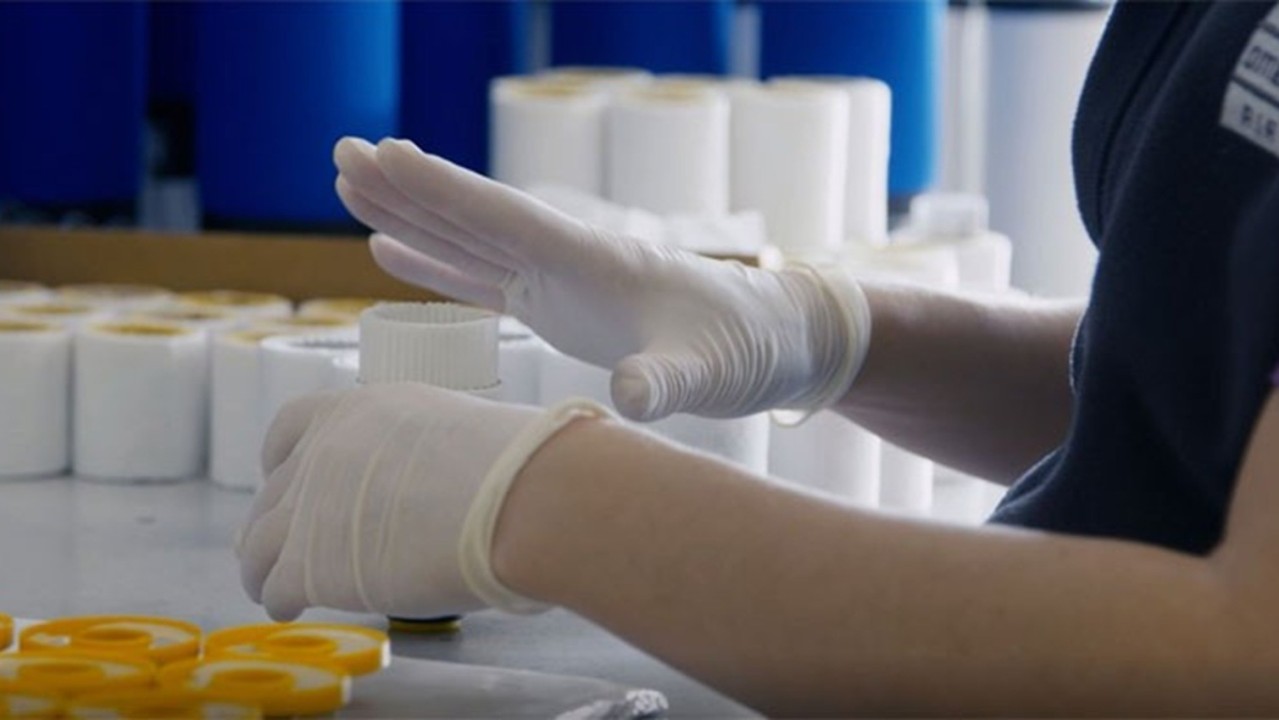In the industrial sector, compressed air is a vital energy source that powers a wide range of processes across various industries. However, the quality of compressed air is crucial, as it can significantly impact operational efficiency, product quality, and equipment longevity. The role of compressed air filters in preserving air purity is indispensable. These filters effectively remove a wide variety of contaminants that could otherwise jeopardise both the equipment and the products being manufactured.
The Essential Role of Compressed Air Filters
Compressed air filters purify the air by eliminating contaminants such as moisture, oil, solid particles, and gases. These impurities can compromise equipment performance, reduce product quality, and create safety hazards within industrial operations. By ensuring that compressed air remains clean, these filters help maintain operational efficiency and extend equipment lifespan. Moreover, they safeguard product integrity.
How Compressed Air Filters Work
- Particulate Filtration: Particulate filters are made from advanced fibrous materials and serve as the first line of defence against solid particles in compressed air. These filters effectively capture dust, dirt, rust, and other debris. This prevents particles from entering downstream systems and causing damage. By filtering out larger contaminants, particulate filters ensure air remains clean. As a result, systems run smoothly, protecting sensitive equipment and maintaining operational efficiency.
- Coalescing Filtration: Coalescing filters specialise in removing liquid contaminants, such as oil and water droplets, from compressed air. Using advanced media structures, these filters capture tiny liquid droplets and merge them into larger forms. These forms can be easily removed. By eliminating these liquids, coalescing filters prevent potential damage to machinery and systems. This ensures continuous, smooth operation.
- Adsorption Filtration: Adsorption filters typically use activated carbon or desiccant materials to remove gases, odours, vapours, and volatile organic compounds (VOCs) from compressed air. These filters excel at trapping contaminants on a molecular level, ensuring higher air purity. This is particularly important for critical applications. In such cases, trace amounts of contaminants can disrupt processes or damage sensitive equipment.
Types of Compressed Air Filters
Compressed air filtration systems consist of several filter types. Each serves a unique function to address specific contamination concerns. These include:
- Pre-filters: Positioned at the entry point of the filtration system, pre-filters capture larger particles and coarse debris before entering finer stages of filtration. By removing larger contaminants early, pre-filters protect subsequent stages from clogging or overload. This prolongs the lifespan of the entire filtration system and ensures optimal performance.
- Main Filters: Main filters are designed for finer filtration, removing smaller particles and liquid contaminants. These filters ensure that compressed air meets the stringent quality standards required for industrial applications. By maintaining the purity of the compressed air, main filters contribute to product integrity, operational efficiency, and equipment longevity.
- Oil Removal Filters: Oil removal filters are crucial where compressed air may contain oil and water droplets. These filters efficiently extract oils and moisture, ensuring a clean, oil-free air supply. This is especially important in industries where oil can severely affect product quality and machinery performance. Examples include the food, pharmaceutical, and electronics sectors.
- Activated Carbon Filters: Activated carbon filters are designed to remove gases, odours, VOCs, and other molecular-level contaminants from compressed air. Through adsorption, they ensure superior air quality. This is vital for maintaining product purity, complying with industry regulations, and protecting equipment from contamination.
- Desiccant Dryers: Desiccant dryers use advanced materials to remove moisture from compressed air. This is particularly important in environments where moisture can cause corrosion or damage to sensitive equipment. By ensuring air remains dry, desiccant dryers preserve operational integrity and prevent costly damage. This is crucial in moisture-sensitive applications, like electronics manufacturing and automotive industries.
Conclusion
The integrity of compressed air is crucial for the smooth functioning of industrial operations. Compressed air filters actively maintain air purity by removing contaminants such as particulate matter, moisture, oil, and gases. Using technologies like particulate filtration, coalescing filtration, and adsorption, these filters protect sensitive equipment. Furthermore, they preserve product quality and ensure operational efficiency. With various filters designed to tackle specific contaminants, industrial operations can optimise air quality. Consequently, they can reduce maintenance costs and extend equipment lifespan. As industries evolve, high-quality compressed air filtration systems will continue to play a vital role in safeguarding both product output and the performance of industrial machinery.

